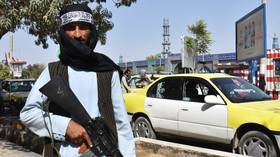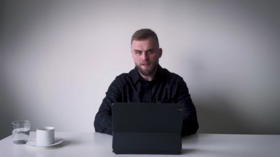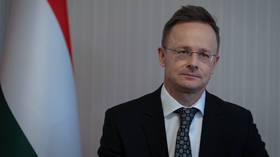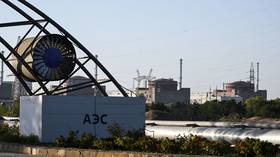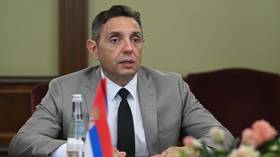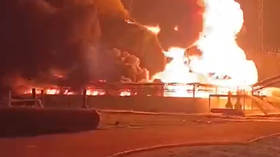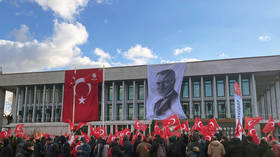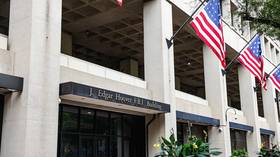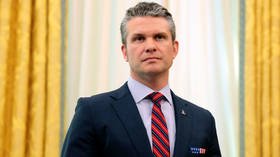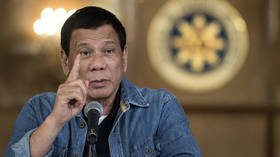Ex-Soviet states set to beef up joint military missions on Afghan border to head off risk of instability after US Kabul withdrawal
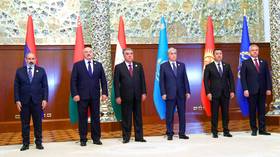
The heads of six former Soviet republics, including Russian President Vladimir Putin, have agreed to modernize and upgrade their forces patrolling the fractious border with Afghanistan in Central Asia amid fears of instability.
In a meeting held in Dushanbe, the capital of neighboring Tajikistan, on Thursday, members of the Collective Security Treaty Organization (CSTO) backed plans to step up their presence. "In connection with the change in the situation in Afghanistan, plans for the deployment of joint CSTO forces in the Central Asian region and the makeup of both military contingents and special forces were agreed," a statement issued by officials after the summit confirmed. Members of the pact include Russia, Tajikistan, Armenia, Kazakhstan, Belarus and Kyrgyzstan.
According to CSTO Secretary General Stanislav Zas, the situation along the border "remains tense." Unfortunately, the general said, "we have not seen any improvements in global or regional security."
Tajikistan saw large numbers of soldiers loyal to the now-collapsed US-backed Afghan government cross the border to seek safety from the Taliban. Working with Russia and Uzbekistan, Tajik forces have staged drills along the frontier aimed at improving their readiness to defend against any armed incursions.
At the same time, the heads of state in attendance agreed on plans to "equip the CSTO's Rapid Reaction Forces with modern weapons, military equipment, and specialist techniques."
General-Colonel Anatoly Sidorov, head of the Joint Chiefs of Staff for the joint defense organization, has previously told RT that militants in the region won't be allowed to operate freely across the border. "We have to project small raids by groups of 20, 40, maybe, 70 people," Sidorov said in July, but insisted the frontier was generally quiet and that local forces could handle the situation.
Also on rt.com Taliban militants won’t be allowed to run riot in Tajikistan after Americans pull out of Afghanistan, top Russian General tells RTPutin, who appeared at the meeting via video link after going into self-isolation due to confirmed Covid-19 cases in his entourage, has also expressed concern about the risk of destabilization on the frontier, and said he is worried about a rise in the number of people fleeing Afghanistan after the US troop withdrawal.
"Who are these refugees? How can we tell? There may be thousands, or even millions," Putin said last month. "The border is a thousand kilometers – they will get on everything, a car, even a donkey, and flee across the steppe."
"We do not want fighters disguised as refugees to turn up in our country," he added.
Like this story? Share it with a friend!
